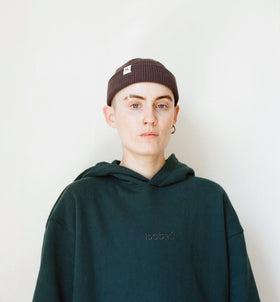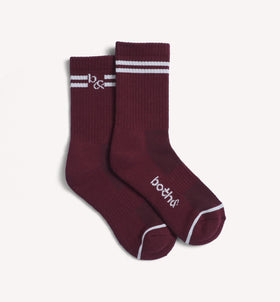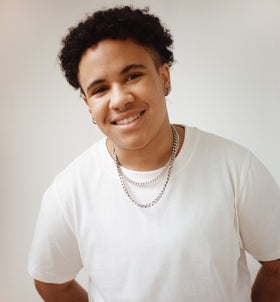
Feb 23, 2024
Coming Out
Ella Dame
Coming out is an integral part of the queer experience–or at least society has made it out to be. It is not uncommon for people to ask openly queer people about their ‘coming out’ or if their ‘coming out’ was taken well. Coming out is not just something that happens once for people within the LGBTQ+ community, it is a lifelong experience. But, is this an outdated concept? What connotations does the practice of coming out have? How can we make queer people feel safe when talking about coming out? This article will explore some of these facets of coming out.
The Coming Out Experience
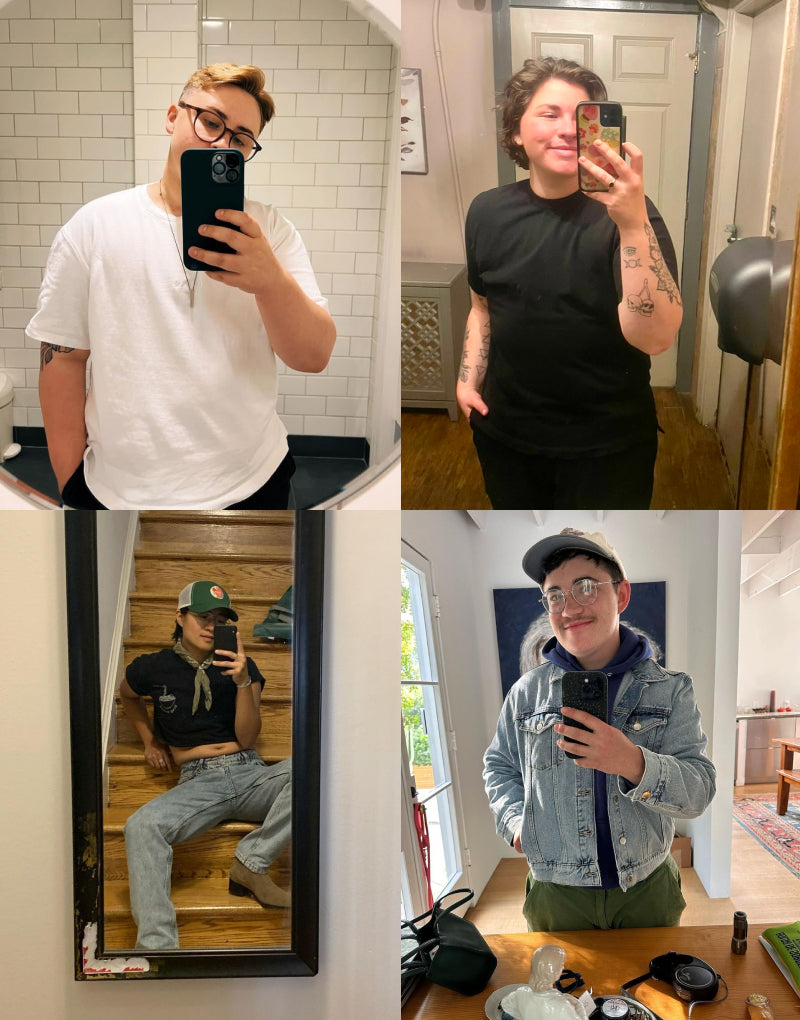
While some people may find it taboo to ask other people about their experience with coming out, in safe and open spaces, talking about coming out can provide communal solidarity. Every queer person has their own experience and perspective on coming out but, one thing unifies community members– having a relationship with the concept.
Whether or not a person chooses to come out or finds it relevant to themselves, almost every LGBTQ+ individual has considered the notion of coming out. Coming out brings a lot of mental baggage and considerations: Is it necessary? How would it affect different facets of my life? How would I come out? What does coming out even mean?
Having discussions that are open and inclusive can help bridge the gap between queer people which is inherently important to maintaining a widespread sense of belonging and chosen family.
Youtube’s ‘Coming Out’ Fixation
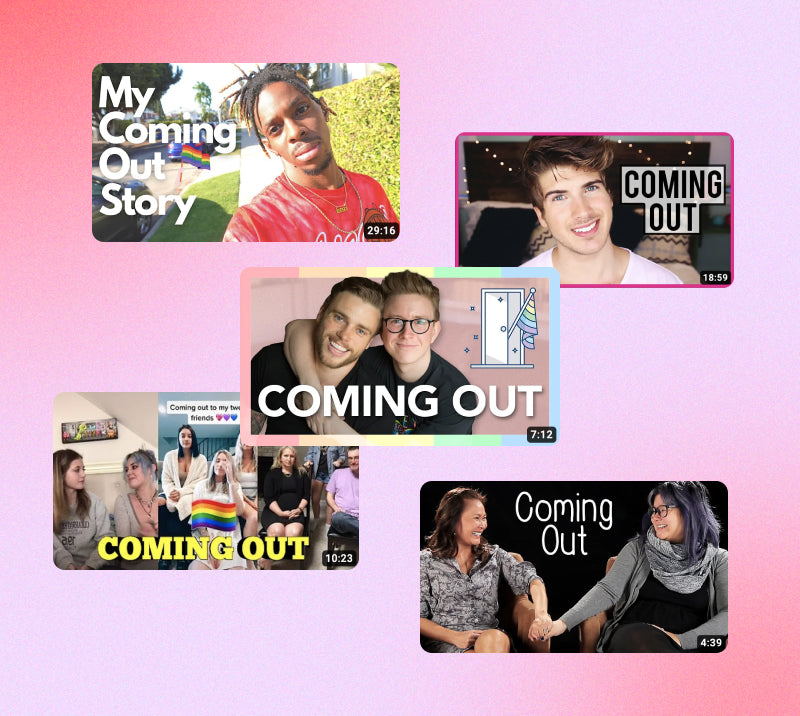
Before there was the widespread usage of apps like Tiktok, or even Instagram among younger age groups, there was Youtube. The explosion of Youtube popularity during the early 2010s featured Youtubers like Joey Graffeca, Shane Dawson, Trisha Paytas, Gabbie Hanna, Tyler Oakley, etc.. Their videos would follow popular trends and challenges, targeting a younger demographic of viewers.
Not only did these creators all create content that was similar and similarly popular, these creators had another thing in common– they were all a part of the LGBTQ+ community. Each big creator came out in their own ways. Joey Graffeca made a music video for one of his songs that featured a romantic plot line between himself and another man. Shane Dawson and Tyler Oakley created serious, sit-down videos coming out to their viewers.
Coming out can be frightening, especially as a creator with a big platform but, the popularity of these creators and the overall acceptance the Youtube community had for them sparked a new wave of content. Many regular people and Youtube users used Youtube to platform their own personal coming outs.
These types of videos range from hidden camera style videos, where users come out to someone in their life and catch their real reaction from a hidden camera, and open discussions, where users make long form talking videos explaining their experiences as a queer person. The beauty of the presence of ‘coming out’ as a Youtube genre of video is the community it creates.
I can remember being a young queer person watching people’s Youtube story times of them ‘coming out’ or how they discovered their own queerness. These videos made me feel less alone in discovering my identity and inspired me to connect with other queer people via the internet.
How Could ‘Coming Out’ Be Dated?
Recently, there has been a lot of debate surrounding whether or not members of the LGBTQ+ community feel they should have to come out. A large number of people who think the concept is dated feel that coming out further isolates queer people and creates a sentiment of otherness.
Straight, cis-het people do not have to come out. They do not have to announce a part of their identity to the people important to them in their life or even to strangers on a day to day basis. They do not have to be concerned that sharing a portion of their identity might affect the people that chose to be in their lives.
Coming out can be a daunting experience and some people argue that it is an added stressor that queer people shouldn’t have to deal with. Although, coming out can also be an affirming experience that is validating for queer people.
Coming out can give queer people a large sense of relief as they no longer have to keep a large part of their identity hidden and can openly talk about their queerness in their social circles. It can also give a platform to have open conversations about what being a part of the LGBTQ+ means to an individual.
To come out or to not come out is a choice subjective to the individual. There are many factors that go into whether or not a person can safely come out and if it would be a positive or negative experience. While coming out can be scary, it can also open the door to living a most authentic life.
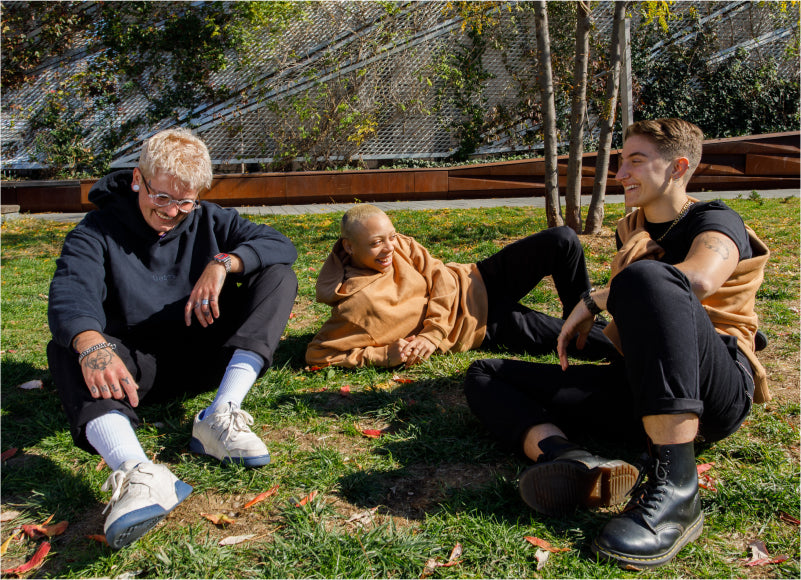
Thoughts On Coming Out?
Coming out in a unique and personal way for you to express your own queer identity. We would love to hear about your perspective on coming out or how coming out has shaped your identity! Please share your thoughts with the Both& community through our Discord!


